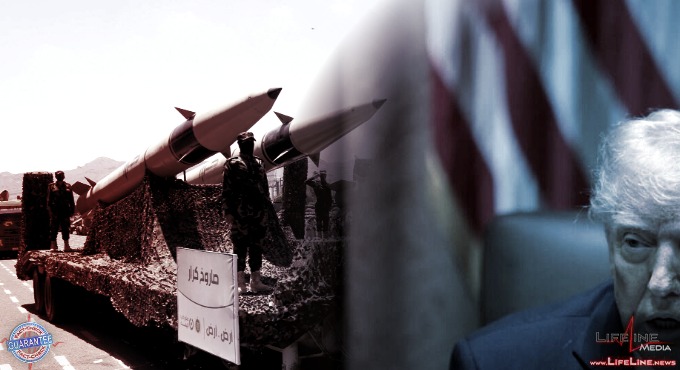Alarming Breach Sparks Urgent Questions About National Security Protocols

FACT-CHECK GUARANTEE
Political Tilt
& Emotional Tone
The article presents a critical view of the Trump administration’s handling of national security, indicating a center-left bias.
Generated using artificial intelligence.
The tone reflects a negative emotional stance, highlighting serious concerns about security breaches and government accountability.
Generated using artificial intelligence.
Updated:
Read
Security experts swiftly condemned the episode as a grave breach — an unparalleled lapse in communications security at senior government levels. Using platforms like Signal for discussing sensitive military operations risks exposing U.S. strategies to adversaries and cyber threats.
Here’s what we know:
The White House confirmed the authenticity of the leaked discussions and launched an inquiry into how an unintended participant joined the chat.
This revelation raises urgent questions: Are current security measures robust enough? Could U.S. foes exploit these vulnerabilities? What new protocols are necessary to avert future breaches?
This embarrassing misstep unveiled a disturbing truth: informal communication channels might blur critical lines safeguarding America’s interests. After the strikes, officials reportedly shared congratulatory messages in the same chat, a casual approach that has alarmed both security experts and political analysts.
The inadvertent inclusion of a journalist — particularly one known for critiquing conservative policies — has ignited fierce scrutiny and backlash against Trump’s entourage.
Political rivals swiftly leveraged this incident to challenge the administration’s stewardship of classified information. President Trump disclaimed any knowledge of Goldberg’s inclusion, remarking, “I’m no fan of The Atlantic,” distancing himself from culpability.
Defense Secretary Pete Hegseth mounted a staunch defense, dismissing allegations of casual war plan texting. “Nobody was texting war plans,” he declared, accusing critics and media of sensationalizing the event. Goldberg refuted Hegseth’s denial, asserting he witnessed messages detailing strike preparations.
Amid ongoing debates about transparency and operational safety, demands for an investigation into Goldberg’s addition — and why existing safeguards failed — are intensifying.
This incident seems unlikely to fade quietly; political adversaries appear poised to hold Trump’s administration accountable for endangering national security through perceived negligence in high-level communications.
The incident has sparked a broader conversation about the security of digital communications in government operations.
Analysts are urging a reevaluation of current protocols to prevent future breaches that could have severe consequences for national security. As investigations continue, the pressure mounts on the administration to address these vulnerabilities swiftly and effectively.

ki1kwl